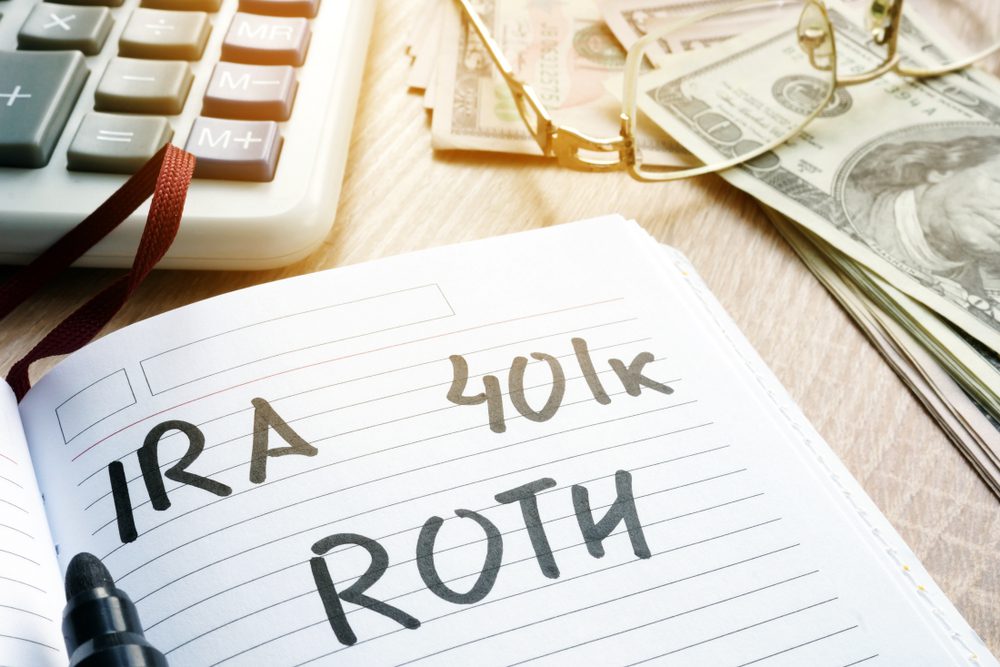Are you ready for retirement?
A lot of people, including myself, are dreaming of having the perfect retirement, and after more than thirty years of working a 9 to 5 job, it’s time to step back and enjoy our golden years. Some of us want to spoil our grandchildren, while others dream about visiting the entire world. And believe it or not, it is possible to have a happy retirement and achieve your main goals.
Even if you’re not a billionaire, you can still enjoy the little things! The trick is to know how to budget and prepare for every expense that you might face during your retirement years. You are probably very familiar with some of them, but others might surprise you.
Read on to find out about some tips that can help you stay relaxed during your retirement.

1. Uncovered health care
First and foremost, as we age, our bodies aren’t really in tip-top shape anymore, so both your physical and mental health should be your top priorities. But what exactly does this mean? What type of health care do you really need? Have you ever thought about it? Healthcare costs can be a burden for most US citizens, especially retired ones.
In fact, healthcare costs increase as the patient grows older. Recent studies have shown that people over 65 spend around $6,583 per year on healthcare. And the biggest mistake most retirees are making is to think that Medicare covers more than it actually does. Part A of Medicare typically covers hospital expenses, while Part B covers outpatient expenses. Let’s not forget about hearing, vision, and dental care, which in most cases, are charged extra.
Every medical cost may vary from one person to another depending on how serious the illness is. If you know that someone in your family has heart disease or diabetes, you may want to save some extra income for retirement health care costs.
If you have a high-deductible health insurance plan, consider opening a health savings account ( HSA), which enables tax-advantaged savings to pay for medical expenses.
2. Housing
Together with health care, housing expenses such as insurance and mortgage costs are among the highest monthly expenses people face during retirement. In fact, the average cost of housing for Americans aged 65 and over is $16,880 a year. Depending on the location and the size of your home, these costs can vary greatly. For instance, housing expenses are frequently substantially higher in coastal California than in a state with comparatively lower property taxes, like Wyoming, South Carolina, or Colorado.
But let’s not forget about the “small” maintenance your house may need in case it’s too old. You never know when something will unexpectedly break (the roof or an old pipe) and you have to dig into your retirement budget. If you don’t want to relocate and you aim to remain in your house as long as possible, be ready to put aside some money for these kinds of emergencies.
3. Social Security may be taxed
Some seniors are luckier than others when it comes to receiving Social Security benefits. For instance, 85% of your outside income will be taxed if it exceeds the Social Security Administration’s limit. If you are married, the situation is a bit different if both of you are taxpayers. There will be 3 types of taxes depending on your joint income:
If your average income is between $25,000 and $34,000, then more than 50% of your benefits will be taxed.
If both of you have a combined income of $40,000, you may be taxed up to 50% of your Social Security benefits.
If your combined income exceeds $50,000, you may be taxed up to 85% of your Social Security benefits.

4. Retirement plan withdrawals are likely taxable
Early retirement fund savings are always a good idea, but how much you can set aside each month also depends on your lifestyle and, most importantly, when you start saving. A lot of people have a lot of debts or mortgages to pay off, and that might interfere with their initial plan to put aside a certain amount of money.
You have to keep in mind that the majority of retirement plan withdrawals are typically taxed, especially the amount you want to withdraw from a 401(k) or IRA account. You will be taxed if you keep your retirement savings in one of those accounts.
5. Pension
It’s pretty common for most retirees to rely on their 401(k), but there are still some who have pensions, and this is the case for those who worked for the government or certain companies. But we have some bad news for you: you will not be able to avoid the massive waves of taxes. Dear Uncle Sam will tax your pension in the same way that he taxes any other retirement-related savings account. Since you cannot avoid paying taxes on your pension, you can try to minimize them by only taking what is necessary.
6. Estate taxes
If your estate is worth quite a lot of money when you pass away, the taxes your heirs might have to pay could be pretty sizeable. For example, this year, if the estate is valued at over $13 million, you will need to file a tax return, and anything beyond that level may be subject to taxation.
If your property is valued at less than $11 million, your inheritors will be grateful because they are free from filing an estate tax return. I don’t know about you, but I consider the inheritance tax pretty annoying, and a lot of others consider it so burdensome that it may lead to financial collapse.
7. Losing a spouse
There is nothing you can do to emotionally prepare yourself in case your spouse dies. But if you fail to be financially prepared for this event, it might leave you in a delicate situation. Fortunately, there are a few steps that you can take into consideration for the future. For example, life insurance is one of the best things you can do because it can help you a lot in case your spouse passes away. Analyze your goals and net worth statements to determine whether there are any substantial gaps that you might consider covering for your surviving spouse.
Don’t forget about Social Security because the surviving spouse is often eligible to receive a Social Security benefit in case the other one passes away. Actually, in most cases, people see it as a form of “insurance” that helps them collect the benefits if they wait until full retirement age.

Takeaway:
It’s hard to anticipate every turn life will take, but even a little additional planning can help you deal with unforeseen costs. And definitely, you can’t escape taxes! Because in life, there are two major things nobody can escape: death and taxes, and the latter is probably the worst (just kidding).
If you can’t escape them, though, you should at least be financially prepared and ready to face them every year, especially in retirement. Don’t stress too much over it, and whenever you feel like you don’t know how to manage the situation, discuss it with a financial planner. They are nice and ready to assist you with solving your issues. And together, you will find a solution that will help prepare you for the tax “surprises” that might appear along the way.
If you’re trying to stick to a budget as much as possible during retirement, you might want to check THIS article as well! We have many more on our website. Don’t forget to subscribe!











One Response
I am 76 and sold my house this year. How does the income from the sale of the house affect my tax return. Is there a way of filing just part of the proceeds over several years.
I am now paying a very high per month condo rental cost. Are there any options to use that as a deduction?
Thanks